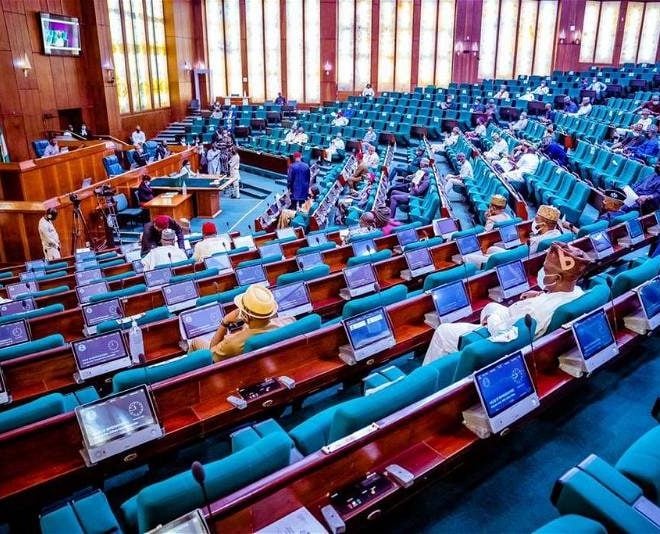976
By Tracy Moses
The House of Representatives’ Ad hoc Committee has summoned the Minister of Water Resources and other officials over prolonged delays and operational gaps in the 40MW Dadin-Kowa Hydropower Project, nearly 20 years after its concession.
The summons, issued Wednesday by Committee Chairman Arch. Ibrahim Almustapha Aliyu, follows a presentation by Mabon Generating Company, the project concessionaire, which highlighted procedural inconsistencies and operational challenges that lawmakers described as unacceptable. The hearing was held at the National Assembly in Abuja.
The Dadin-Kowa project, located in Gombe State, was established under a Build-Operate-Transfer (BOT) model, where a private concessionaire develops and manages the facility before returning ownership to the Federal Government. Originally concessioned in 2005, the 40MW plant was intended to strengthen power supply in the North-East. However, it has faced delays, regulatory bottlenecks, and disputes over responsibilities among government agencies, prompting addendums to the initial agreement.
Aliyu directed that the Minister, alongside the Managing Directors of the Upper Benue and Hadejia–Jama’are River Basin Development Authorities, the Chief Executive of the Nigeria Integrated Water Resources Management Commission, ICRC officials, and signatories to both the original concession and addendum, appear before the committee on 4 December 2025.
He explained that nearly 20 years into the 25-year agreement, persistent delays and unclear responsibilities have raised questions about due diligence and whether government officials adequately protected taxpayers’ interests.
The committee requested the appraisal committee’s report that led to the addendum, along with all documents relating to performance, generation output, gaps, and payment records.
Mabon Generating Company stated it has supplied over 700 million kilowatt-hours (kWh) of electricity to the national grid since 2021 without receiving grants or direct government loans. COO Umar Shehu Hashidu affirmed the company’s commitment to full cooperation and confirmed submission of all relevant documents, including the 2005 concession agreement, 2015 addendum, and regulatory approvals.
Meanwhile, Special Adviser to the President on Energy, Olu Verheijen, highlighted the Presidential Metering Initiative (PMI), designed to close Nigeria’s seven-million-meter deficit and reduce electricity sector losses. Represented by Obafemi Sotebo, Director of PMI, she said the program aims to end estimated billing, improve revenue assurance, and build a nationwide smart meter network.
Verheijen noted that high Aggregate Technical, Commercial, and Collection (ATC&C) losses, currently around 45%, could fall to 12–15% if the metering gap is addressed, aligning Nigeria with global best practices.



